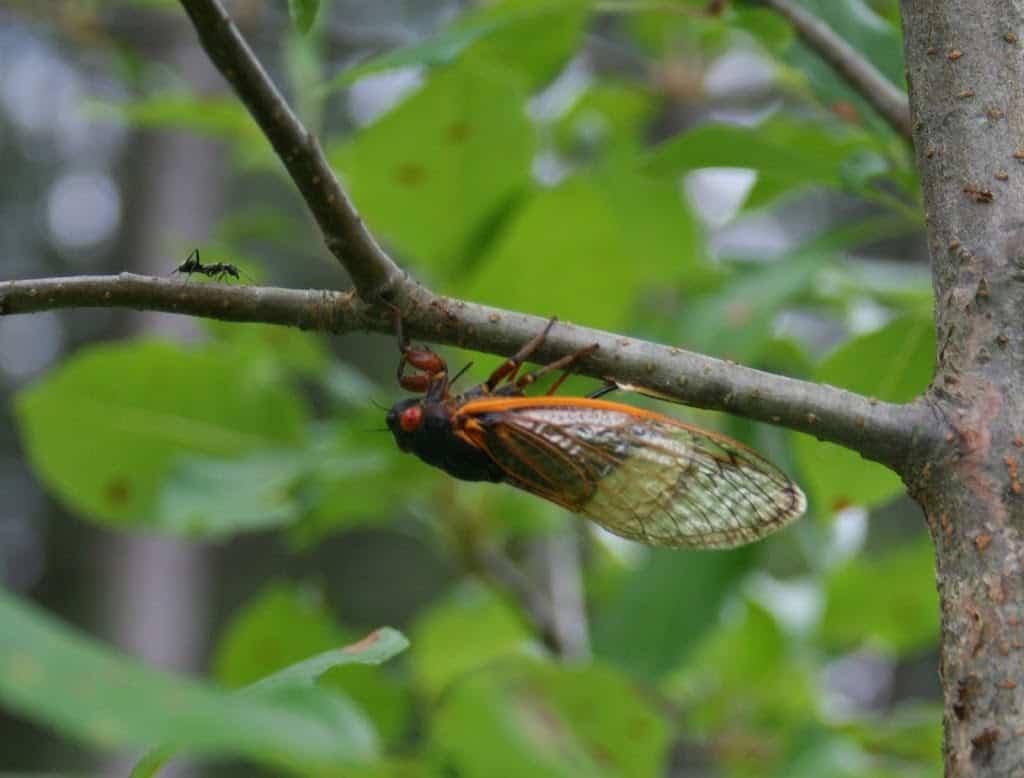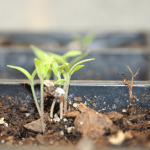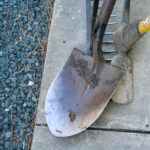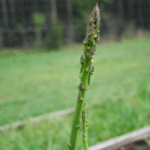The brood x cicadas, also called the Great Eastern Brood, make their appearance every 17 years. These insects are in the news again because in 2024, two simultaneous broods emerge, meaning there will be twice as many cicadas in some areas. However, that doesn’t mean your area will experience the ear-splitting headache of loud cicada choruses. And, there is no reason to panic. Adult cicadas do not harm fruit, vegetable, or herb plants. Here are the facts about Brood X cicadas.
The 17-Year Cicada (Magicicada septendecim) or Brood X
Sleeping one to two feet below the surface of the soil is a strange bug-eyed creature’s nymphs or young. They greedily suck on the xylem fluid of deciduous trees, gathering nourishment to emerge once every 17 years to mate, lay eggs, and generally make a nuisance of themselves.
Magicicada septendecim, also called Pharaoh cicada, is the 17-year cicada the media has been talking about since January. The expected emergence of Brood X in 13 states has entomologists buzzing and gardeners worrying. In 2024, two broods are expected to emerge.
But are these strange creatures a threat? Do cicadas hurt gardens? Do they eat vegetable plants? Should you even bother planting a garden this year if these creepy looking bugs are expected?
Here are the facts about this amazing insect and how it may affect your garden.
What Is the Brood X Cicada?
As the name suggests, it is an insect of the cicada family that emerges once every 17 years to mate. Millions, perhaps billons, of the large, red-eyed cicadas emerge at once in May and June in the affected areas.
The adult males congregate and “sing” in a chorus to attract females for mating. The noise is deafening, a never-ending screech or high pitched hum that lasts four to six weeks until the mating period is over. Then, the females find the soft twigs of woody trees and cut a slit into a twig to lay their eggs.
As the young enter the nymph stage, they move down into the soil near the roots of trees, where they feed on the xylem moving up the plant’s vascular system. Here they wait, feeding, growing, until their time arrives to emerge and continue the cycle.
Where the 17-Year Cicadas Are Found
The states where Brood X is expected in 2021 include:
- Delaware
- Georgia
- Illinois
- Indiana
- Kentucky
- Maryland
- Michigan
- North Carolina
- New Jersey
- New York
- Ohio
- Pennsylvania
- Tennessee
- Virginia
- West Virginia
- Washington, D.C.
Are Cicadas Harmful to Trees?
Cicadas can be a pest to orchards, especially when large broods, such as Brood X (the one expected in 2021) emerges in so many states at once. I have seen cicada damage on my own orchard trees, mostly the apple trees, and they can damage branches to the point of killing the branch. The female cicada has a unique organ that cuts a slit into the branch to deposit her eggs. These slits can allow moisture to enter the branch as well as microorganisms that carry diseases to the whole tree.
Although my own trees were significantly impacted by the last brood that emerged locally, we did not lose an entire tree to the cicada! Professional orchardists advise AGAINST spraying insecticide against the cicadas because there are so many of them that it would take massive amounts of spray to combat the cicadas, and potentially wipe out the local beneficial insects along with the cicadas. The damage they do, weighed against the damage done by spraying, is negligible, so most of us (myself included) will simply wait and see.

Do Cicadas Hurt Gardens?
The answer is an absolute NO. They do not eat vegetable plants, like tomatoes, lettuce, or peppers. The adult cicadas do not feed on leaves. The nymphs feed on the vital fluids moving through the xylem tubes, the circulatory system of the plant that brings nourishment up to the leaves.
If you see insect damage among your vegetable plants this year, it is NOT the cicadas causing it!
Adult Cicadas Do Not Harm Fruits, Vegetables, and Herbs
If I were starting a garden from scratch this year, I might wait to plant fruit trees if I lived in a state where Brood X is expected to emerge. But I would definitely go ahead and add other fruits, such as strawberries and small fruits like raspberries, blackberries, and blueberries to the garden.
As for vegetables and herbs? Definitely plant them! Cicadas do not hurt garden plants except during egg laying, and even then, they may disfigure a few branches of deciduous trees, but they will not eat your plants like a swarm of locusts.
Many people confuse cicadas with locusts, and I think that’s why they believe that cicadas will hurt their plants. The two insects have completely different life cycles and nutrients needs.
Cicadas Are Strangely Interesting Insects
Growing up on Long Island, New York, I was always fascinated with cicadas. Their chorus in the summertime alerted me that the peak of summer was at hand. Finding their shed exoskeletons in the garden piqued my curiosity and encouraged me to look more closely at the world around me.
During the last swarm of periodic cicadas, the noise gave me headaches! The “chorus” of males attracting mates was so loud I thought someone had saws going in a house nearby. The sound would rise and fall, however, in waves.
Periodic cicadas are a fact of life in North America. I find them fascinating, and hope one day to hear an announcement of how they do know to tell time. What an amazing world we live in! I am glad that they do not hurt garden plants and will not eat my vegetable garden.
So, my gardening friends, relax – the cicadas are loud, annoying, fascinating, and a nuisance, but they won’t eat your vegetables!




